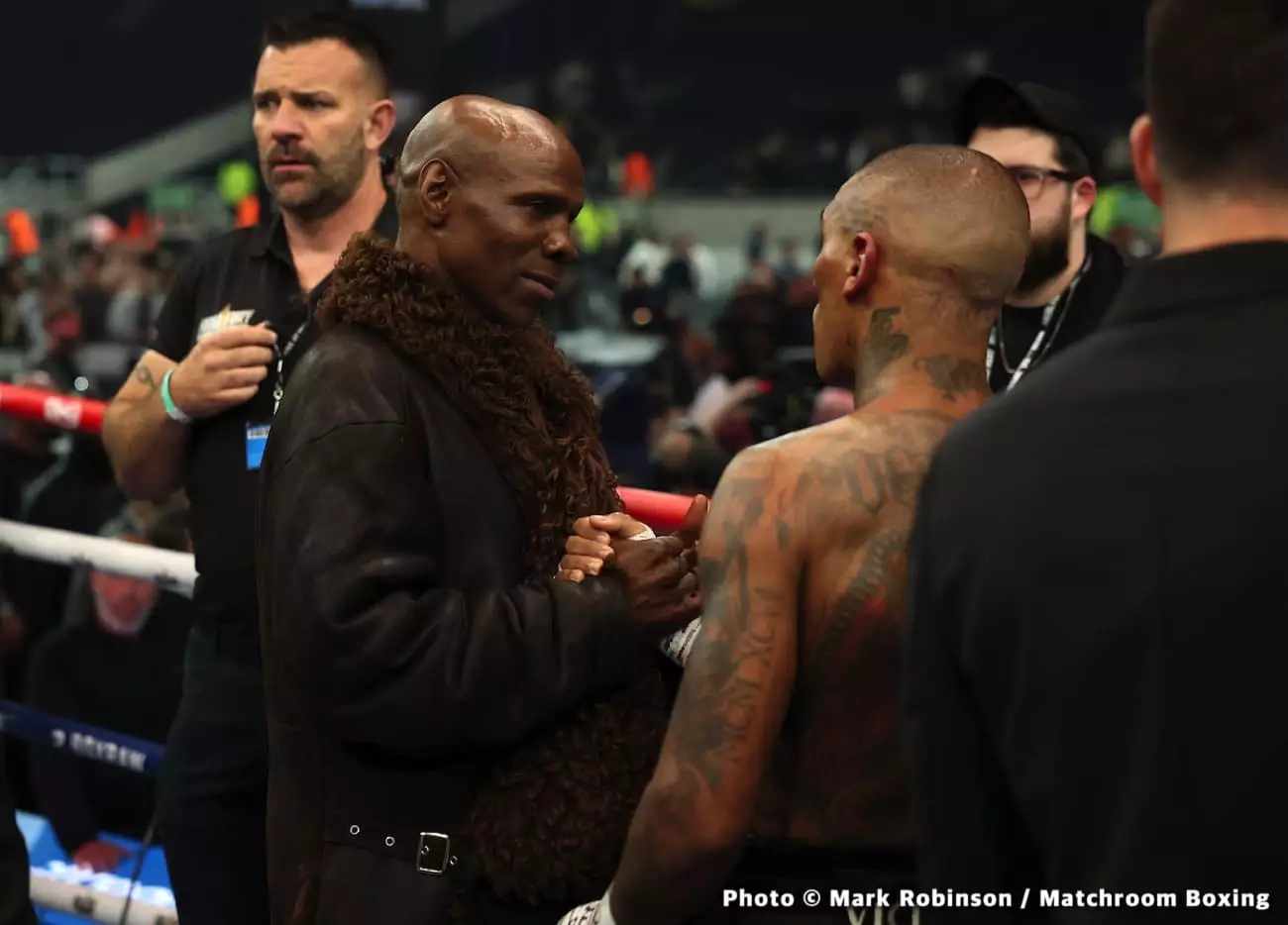The 1990s will forever be remembered as a transformative decade in professional boxing, particularly in the super-middleweight division. This was a time when talent flourished, nuances were honed, and fierce rivalries emerged. Among the notable contributors to this rich tapestry was Chris Eubank, whose charisma and boxing prowess made him a household name in the UK. Eubank stood shoulder to shoulder with contemporaries like Nigel Benn and Joe Calzaghe, showcasing a remarkable blend of skill, toughness, and ring intelligence.
However, the narrative arc of Eubank’s career is intriguingly punctuated by the shadows of two American boxing luminaries: Roy Jones Jr. and James Toney. These two fighters, both hailed as all-time greats, embodied a different caliber of boxing—defined by exceptional speed, agility, and a strategic brilliance. While Eubank captivated fans with his unyielding determination and striking presence, the lack of encounters with these American giants leaves a compelling “what if?” scenario that haunts his legacy.
The Tactical Choices of a Champion
Chris Eubank, reflecting on his career, cogently articulated his reasons for not facing Jones and Toney. In his candid discussions, Eubank acknowledged the weight of his decisions; his avoidance of unification bouts with these formidable opponents wasn’t born out of cowardice but rather strategic prudence. Eubank described Jones as possessing “brains and speed,” a combination he regarded as almost unbeatable, even for a fighter with his own acumen and determination.
This assessment invites the question: Was Eubank’s decision a signal of his awareness of potential pitfalls in the ring? Rather than becoming embroiled in a dangerous bout that could tarnish his legacy, he chose a path that upheld his integrity as a champion. Eubank’s commitment to maintaining his status as the WBO champion—while Jones held the IBF title—substantiates a tactical foresight that many champions might ignore. His ability to recognize threats and navigate them intelligently parallels other great athletes’ careers, where avoiding damage over time becomes a hallmark of enduring success.
The Mystique of Hypothetical Matchups
Imagining a fight between a primed Eubank and Roy Jones Jr. in the early ’90s conjures scenes of intensity and drama. Enthusiasts would want to believe that Eubank’s unyielding chin and raw tenacity could withstand the explosive speed and technique of Jones. Historically, Eubank’s resilience comes from his record—only stopped once throughout his career, a testament to his fortitude. Yet, the prediction of a first-round knockout for Jones showcases an underestimation of Eubank’s capabilities; to dismiss a fighter’s string of successful bouts as merely a product of luck or favorable matchups is shortsighted.
On the other hand, Toney’s reputation for brilliance mixed with bouts of lackadaisical performances raises questions about how he would have fared against Eubank’s relentless style. The potential for tactical clashes is palpable; Eubank’s aggressive approach and Toney’s technical prowess would have provided a fascinating dichotomy in the ring. Would Eubank’s high pressure have forced Toney to elevate his game, or would Toney’s skill neutralize Eubank’s advances? The unresolved nature of these matchups is part of what makes boxing history so captivating.
Legacy Beyond the Ring
Today, Chris Eubank stands at 58, reflecting on these “lost” opportunities without remorse. His acknowledgment of Jones and Toney as superb athletes does not detract from his accomplishments but enhances them. His forthrightness in assessing the capabilities of his counterparts speaks volumes about his character as a fighter. In an era obsessed with undefeated records and constant matches against top contenders, Eubank’s respect for the sport and his opponents transcends conventional definitions of greatness.
What remains is the indelible mark Eubank has left within the sport—a blend of charisma, resilience, and tactical discernment. While fans may forever dream of what could have been, the legacy he built stands firmly intact, illuminating the qualities that make a true champion. The allure of hypothetical matchups with Jones and Toney enhances the narrative but cannot overshadow the monumental achievements that define Eubank’s career. Ultimately, it is this uniqueness, wrapped in the complexity of choices made and paths taken, that makes Eubank an irreplaceable figure in the annals of boxing history.


Leave a Reply